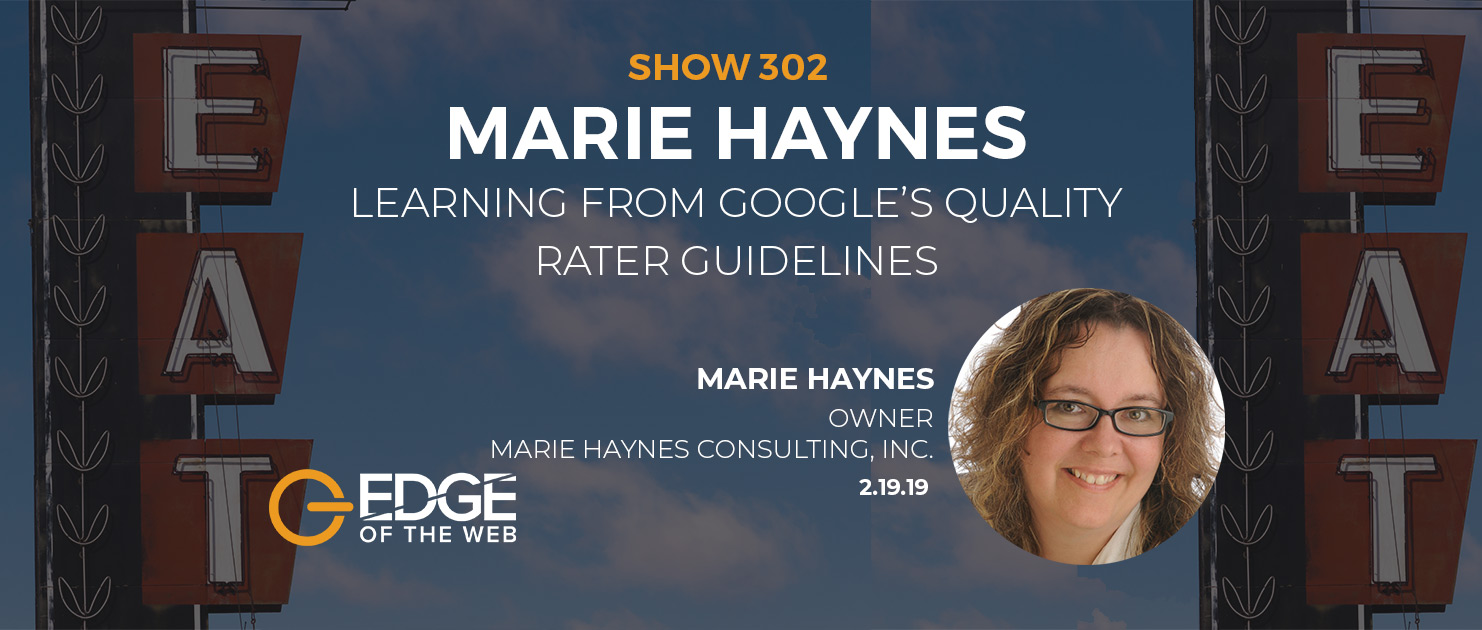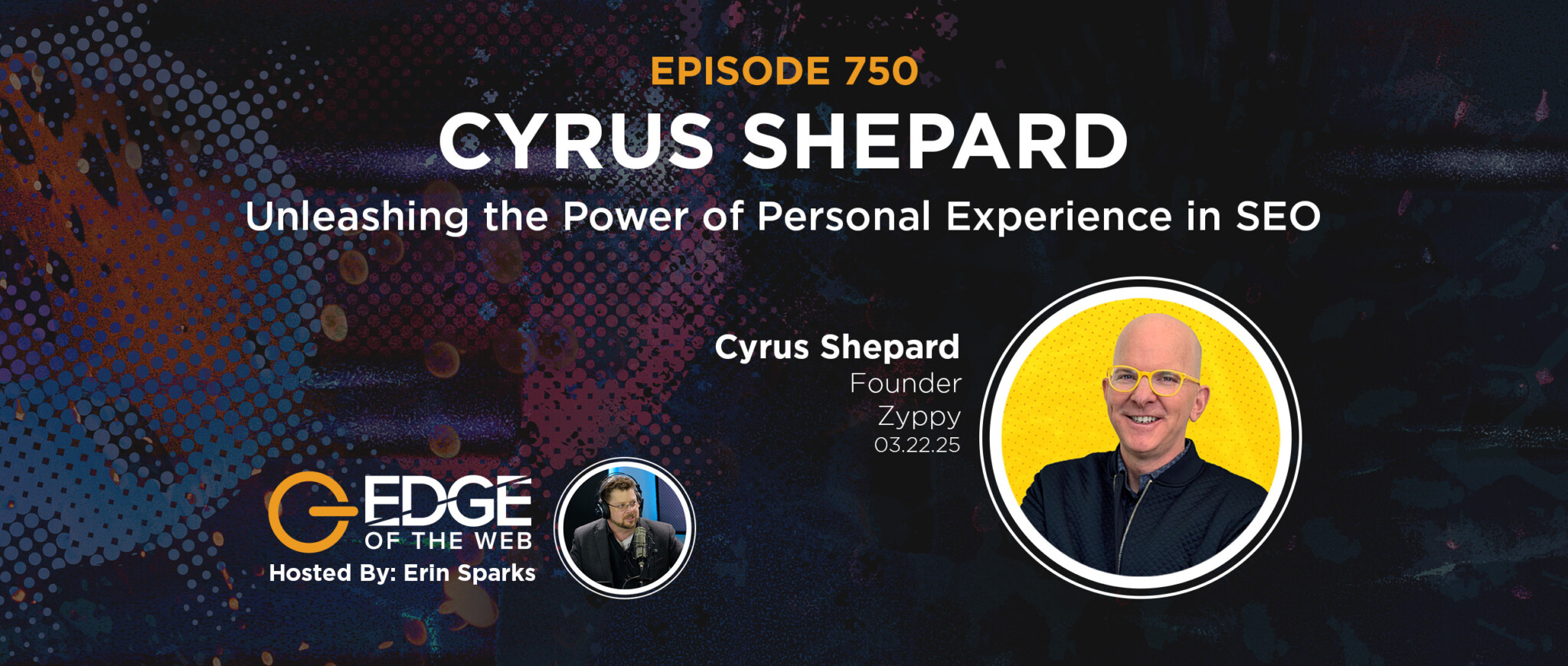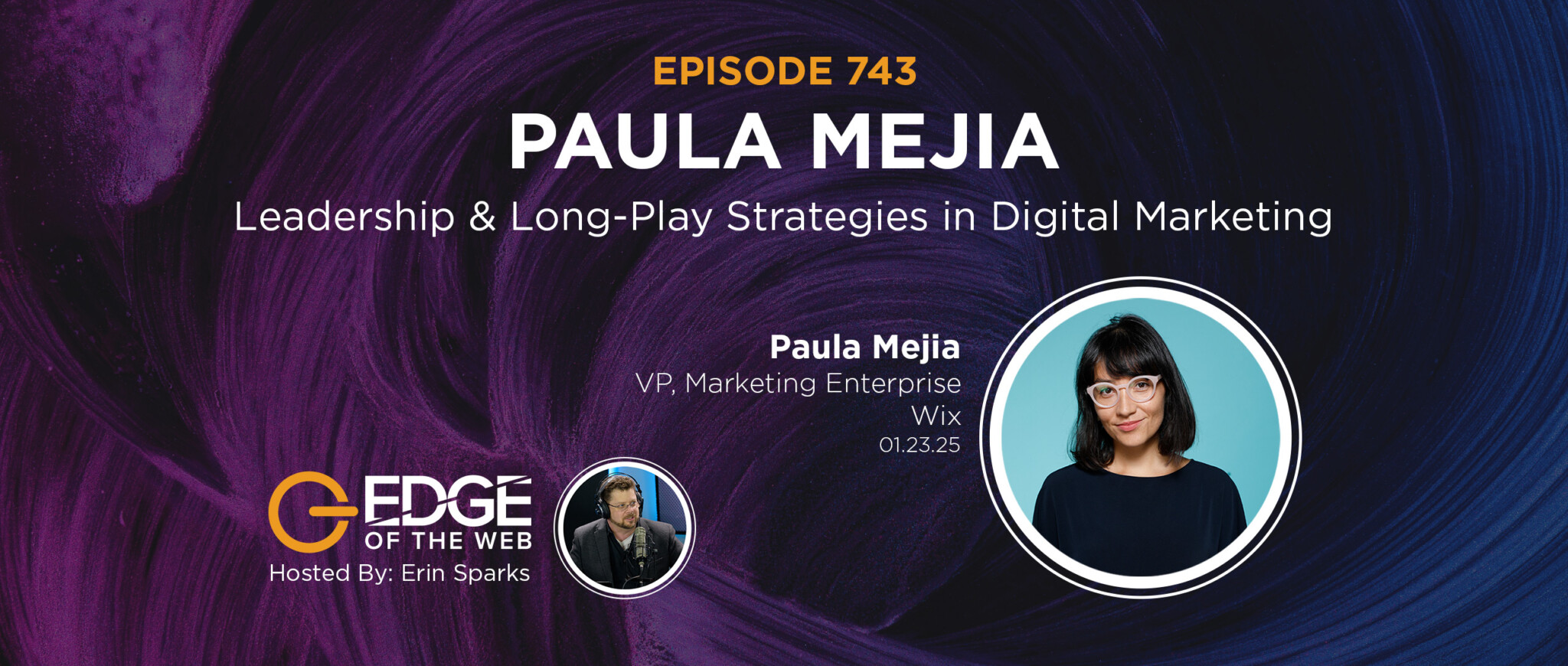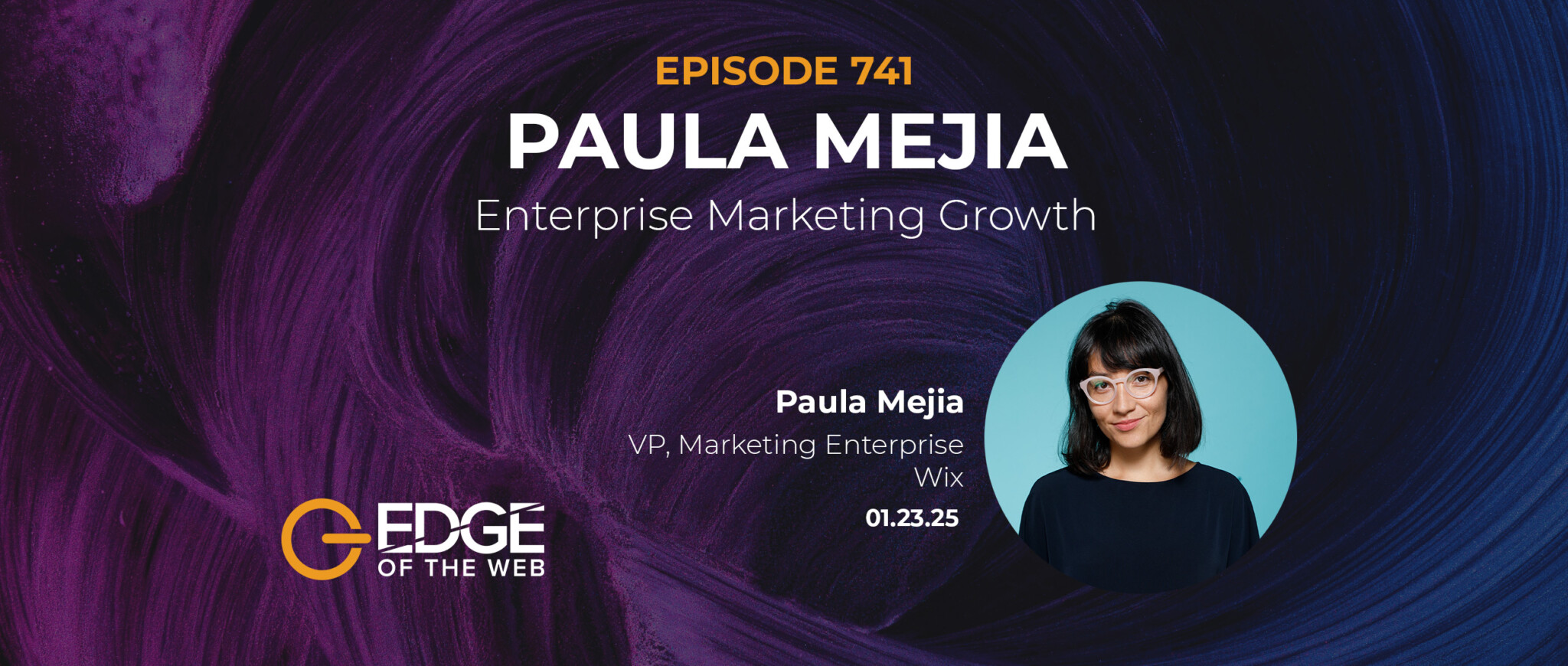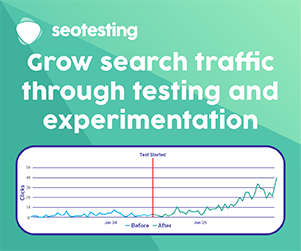EDGE hosts Erin Sparks (Site Strategics CEO) and Tom Brodbeck (Site Strategics Digital Media Director) spoke with SEO expert Marie Haynes of Marie Haynes Consulting in EDGE of the Web Episode 302 to find out whether or not the disavow tool is something that should still be actively used. Here’s what we learned:
A Brief History of the Disavow Tool
When the Penguin update first came out in 2012 it was meant to address link quality. Google was trying to prevent people from working their way to the top of SERPs just by building their own links. Links have been important to the Google algorithm because when someone links to your site, it’s seen as a recommendation for your site. But if you create your own links and recommendations, why should Google count those, right? Those self-built links don’t really mean your site is better. Then in late 2012 Google rolled out the disavow tool. It was a way for site owners to look at links to their site to figure out which ones might be seen by Google as untrustworthy or of low quality, put them in a text file and upload them to Google search console as a heads up to Google that you want to disavow those links so they won’t count against you.
In their site assessments and link audits, Marie’s company found they were able to help some sites recover from the big hit they took from the Penguin update by using the disavow tool. Then in 2016 Google came out with Penguin 4.0, which many were anxiously awaiting because they were stuck with suppressed rankings and couldn’t get out of it until a new Penguin was rolled out. With Penguin 4.0, Google said it would no longer “demote” websites because it could now tell which links are “unnatural” and could just automatically ignore them. And it seemed to be working really well, which raised the further question of whether or not the disavow tool had been rendered obsolete. And this is important because doing link audits and disavow work really takes a professional who knows what they’re doing, and that can be expensive.
Why and When the Disavow Tool Should Still be Used
For a while, if you asked Google whether or not the disavow tool was still relevant from an algorithmic standpoint, they would offer up coy answers like, “Use it if it makes you feel better,” which is just a PR kind of answer. But more recent conversations with Google’s Webmaster Trends Analyst John Mueller have revealed how the disavow tool is till useful. One reason is to avoid potential manual actions from the Google Web Spam team, which can really decimate a website in a way from which it’s hard to recover. If your site has a lot of unnatural links you don’t want the Web Spam team to see, perhaps because you’ve done a lot of paid links or large-scale article marketing with a lot of keyword anchors, then yes, you should definitely disavow those links to avoid a manual action. From an algorithmic standpoint, the disavow tool is also still useful because Mueller said there are algorithms besides Penguin that play into this. If those algorithms decide that some of the links pointing to your website are untrustworthy, then it’s going to put less trust in all of your links.
Keep in mind that most sites won’t need to use the disavow tool. If you examine the links to your site and they’re clearly very “spammy” links from spammy sites, Google is going to easily see those are the “unnatural” links every and will automatically ignore them. The sites that need to use the disavow tool are those that have a lot of links made for SEO purposes and that don’t have much value outside of their SEO value, meaning PBNs (private blog networks) or articles on article-marketing sites that no one is ever actually going to read, then disavowing could have good results. But one of the problems here is that people who aren’t experts tend to be really bad at using the disavow tool. They end up disavowing sites that shouldn’t be disavowed and miss disavowing the worst sites and even disavow their own websites by mistake. As Mueller puts it, if there is a tool that can tell which sites you should disavow, then Google is probably already ignoring them. The tools like Domain Authority can’t really tell you which sites to disavow anymore. The new defining criterion Marie uses is this: Was the link made with the intention to manipulate rankings. If so, it should be actively disavowed, like the article marketing and the way overdone guest blog posts and so forth. And Google has provided lots of examples of what it considers to be an unnatural link. There’s more nuance to the process of disavowing than before.
What bugs Marie most about her industry is misinformation and how hard it is to share information about theories. If you try to say what you think is happening with something like EAT, you get a lot of negative feedback, which then makes people reluctant to share. But because SEO is a constantly-changing landscape everyone is trying to figure out as they go, it’s essential to have those conversations about thoughts and theories, as long as it happens within a framework that recognizes it’s all based on thoughts and theories, not proven facts. But people are afraid to have the conversation at all, and that’s unfortunate.
Conversely, what’s exciting about the industry is the opportunities that exist for true SEO experts. You’d be shocked at how many agencies are charging good money for totally outdated SEO techniques, like directory submissions and so forth. But if you take a well-reasoned, thoughtful approach based on keeping up with developments at Google, the opportunities are rich.
Connect with Dr. Marie Haynes
Twitter: @Marie_Haynes (https://twitter.com/Marie_Haynes)
Facebook: @MarieHaynesConsulting (https://www.facebook.com/MarieHaynesConsultingInc)
LinkedIn: https://www.linkedin.com/company/marie-haynes-consulting-inc/
Website: https://www.mariehaynes.com
Blog: https://www.mariehaynes.com/blog/
Search News You Can Use: https://community.mariehaynes.com/spaces/12735584/feed
Special EDGE Fans Offer from Site Strategics
Now is the time to find out what kind of ROI you’re getting from your digital marketing efforts! EDGE sponsor Site Strategics can help with a Digital Marketing ROI Report that examines your existing SEO, content, social media, and PPC. Visit https://edgeofthewebradio.com/roi/ to get 30% off a comprehensive review of your digital assets!



